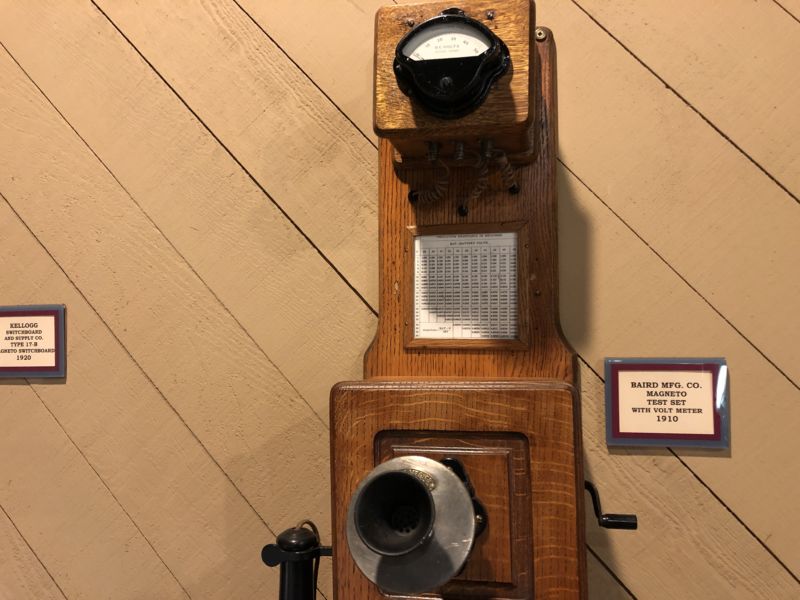UTSA professor’s thrift store score becomes priceless addition to Georgia museum | UTSA Today | UTSA
While the artwork itself was striking, so too was the crisp, clear blue signature in the painting’s lower right-hand corner. Pugh realized he had come across an original painting and immediately searched the web to find out more about Keith Bankston.
According to the Digital Library of Georgia, Bankston was born and raised in Macon. He was inspired to pursue a career in art during a trip to Paris shortly after his high school graduation. After attending Florida State, he would return to Middle Georgia to teach art in the Bibb County public schools while simultaneously working to establish himself as an exhibiting artist. However, his fledgling art career was cut short when he died from AIDS in 1992 at the age of 34.
Pugh also found that multiple Bankston paintings were part of the collection at the Tubman African American Museum in Macon, an educational and cultural hub that strives to enrich cultural understanding and present the highest quality art to the Georgia communities it serves. Upon reading about Bankston and the Tubman Museum, Pugh knew he wanted to purchase the painting. But he no longer wanted to keep it.
“I really like it. But something like this—by a known artist in Georgia—would provide the most benefit in a museum in Georgia where everyone else can enjoy it,” Pugh said.
He bought Bankston’s “Eve in the Rose Garden” for $125 and wasted no time reaching out to Jeff Bruce, the director of exhibitions for the Tubman Museum, with intentions of donating the piece. The museum was excited to hear about the painting’s existence and happy to accept his gift. The museum will add “Eve in the Rose Garden” to its permanent collection of African American art.
“Keith Bankston is a beloved figure in the art community in Macon. His story is a kind of tragic tale of what could have been—of great potential that was never fully realized due to the AIDS epidemic.” Bruce said. “His light was just beginning to shine, so we honor the promise of his talent by collecting and exhibiting his work, and by sharing the story of his short but impactful career with young people in Middle Georgia, as well as visitors…


